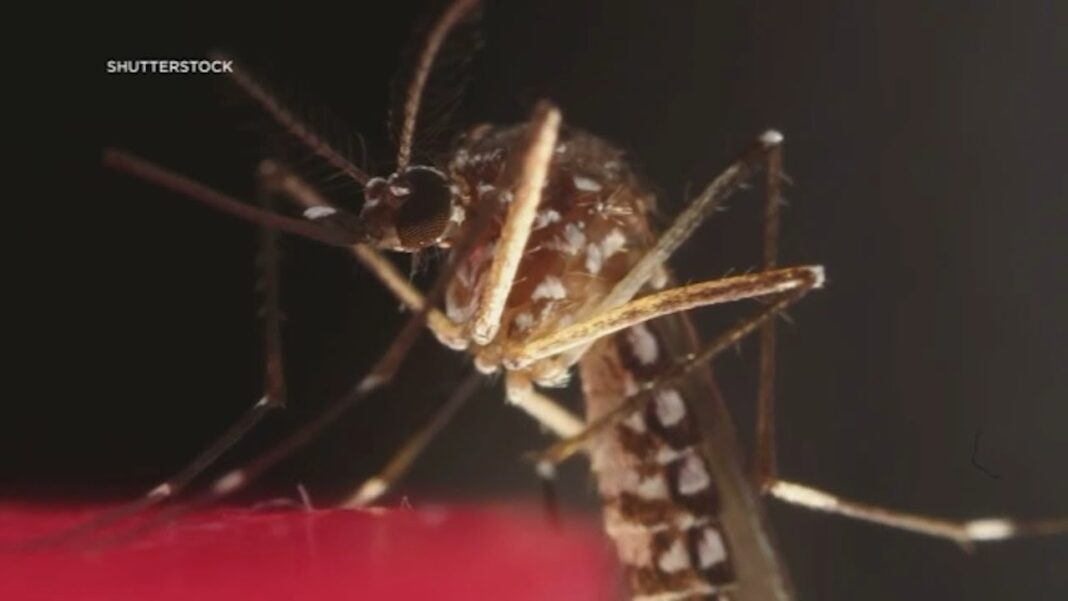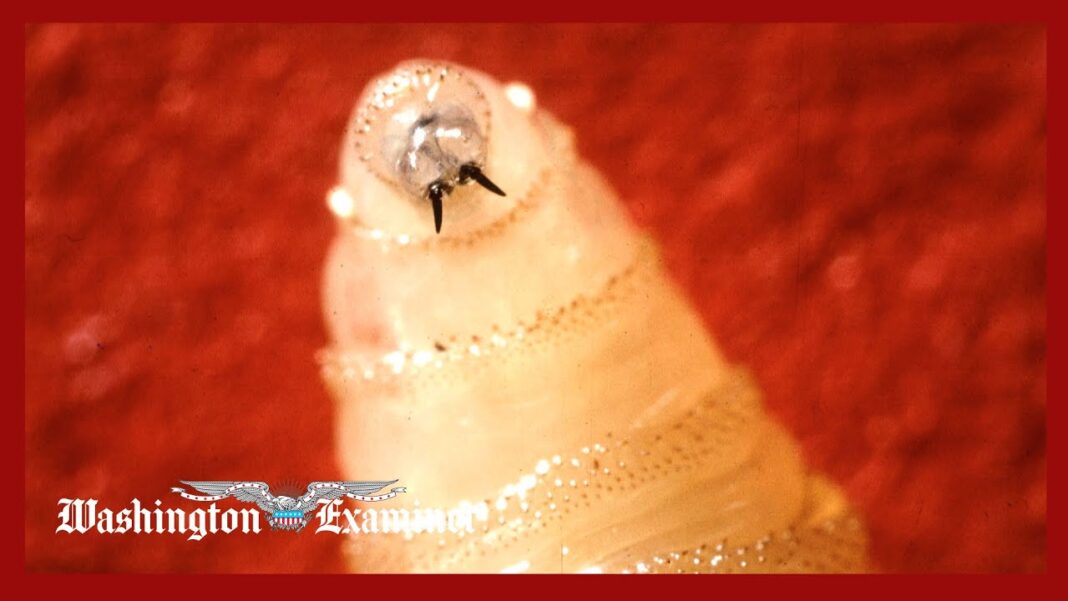The regulatory agency said it believes that the ‘vaccine is not safe and that continued administration to the public would pose a danger to health.’
The Food and Drug Administration (FDA) on Aug. 25 stated that it has suspended approval for a vaccine against chikungunya, a mosquito-borne virus.
Because of reports of serious adverse events following administration of the vaccine, the FDA’s Center for Biologics Evaluation and Research (CBER) “believes [the] vaccine is not safe and that continued administration to the public would pose a danger to health,” the FDA said in a statement.
France-based Valneva makes the vaccine, known as Ixchiq.
“As we determine potential next steps, and as the clear threat of chikungunya continues to escalate globally, Valneva remains fully committed to maintaining access to our vaccine as a global health tool for addressing and preventing outbreaks of this devastating illness,” Valneva CEO Thomas Lingelbach said in a statement.
The FDA originally approved Ixchiq in 2023 to prevent disease caused by the chikungunya virus in adults deemed to have an increased risk of exposure. The Centers for Disease Control and Prevention (CDC) in 2024 recommended the vaccine for people traveling to certain countries.
Health officials said in an alert in May that they were advising a pause in administering the vaccine to elderly adults because of reports that some of those vaccinated had been experiencing serious adverse events (SAEs), including neurologic and cardiac problems.
This included 38 SAE reports for 32 unique cases (seven U.S. cases, 25 foreign cases), including 21 hospitalizations and three deaths.
After CBER Director Dr. Vinay Prasad resigned, the FDA in early August ended the recommended suspension, stating that an updated assessment of risks and benefits for Ixchiq showed that the benefits still outweighed the risks for some people.
In the new announcement, regulators said that is no longer the case.
The latest risk-benefit assessment includes four new foreign reports that have come to light since the FDA lifted the recommended pause, including a report of problems following vaccination in a 55-year-old male.
Prasad said in a memorandum dated Aug. 22 that of the 32 cases, five tested positive for the vaccine strain of the virus, making it nearly certain that the vaccine caused the problem.
“There are reasonable grounds to believe the risks of the vaccine outweigh its benefits, and that it poses a danger to health,” Prasad said. “Therefore, CBER is suspending approval.”








